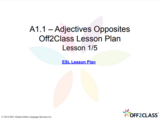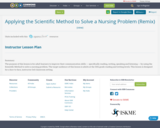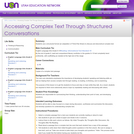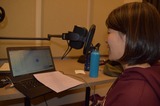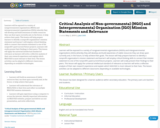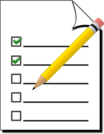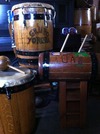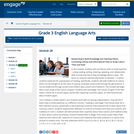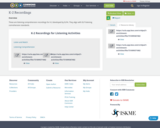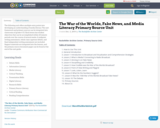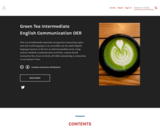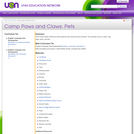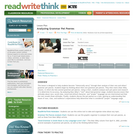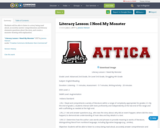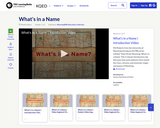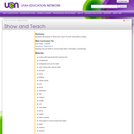Short Description:
This set of multimedia materials incorporates interesting topics and real-world language in an accessible way for adult English language learners at the low-to-mid intermediate level, using eclectic methods (communicative activities, content-based instruction lite, focus on form), all while maintaining a connection to our learners’ lives
Long Description:
This set of multimedia materials incorporates interesting topics and real-world language in an accessible way for adult English language learners at the low-to-mid intermediate level, using eclectic methods (communicative activities, content-based instruction lite, focus on form), all while maintaining a connection to our learners’ lives
Each unit has handouts, presentation slides, key vocabulary lists, informative speeches recorded by ESOL teachers at PCC, dialogs, extension activities, and additional videos or materials for assessment. The videos can be linked to directly, embedded in a class page or Learning Management System (LMS, such as Canvas), or downloaded. Closed captioned versions of the videos are also available. Teachers can incorporate everything here, or take an a la carte approach with their existing activities and curricula.
To make it easier to navigate these materials, we are gathering them in a pressbooks site as well. That site may make it easier for teachers to navigate and share links with students.
Like any set of classroom materials, this OER is not a “class in a box.” We anticipate that teachers will have their own approach to in-class (or synchronous online) activities, out-of-class work, assessments, and speeches, so we’re not offering a one-size-fits-all solution.
These materials are openly shared (with the exception of youtube videos, where noted), which means you have all the permission you need to use, adapt, and re-share them. All we ask is to attribute the materials to “Green Tea Communication OER,” and, if you have a moment, let us know if you found the materials helpful.
Please let us know if you have feedback, questions, or additional contributions to this project: eric.dodson@pcc.edu, luciana.diniz@pcc.edu and nleiton@pcc.edu
Word Count: 5790
(Note: This resource's metadata has been created automatically by reformatting and/or combining the information that the author initially provided as part of a bulk import process.)
